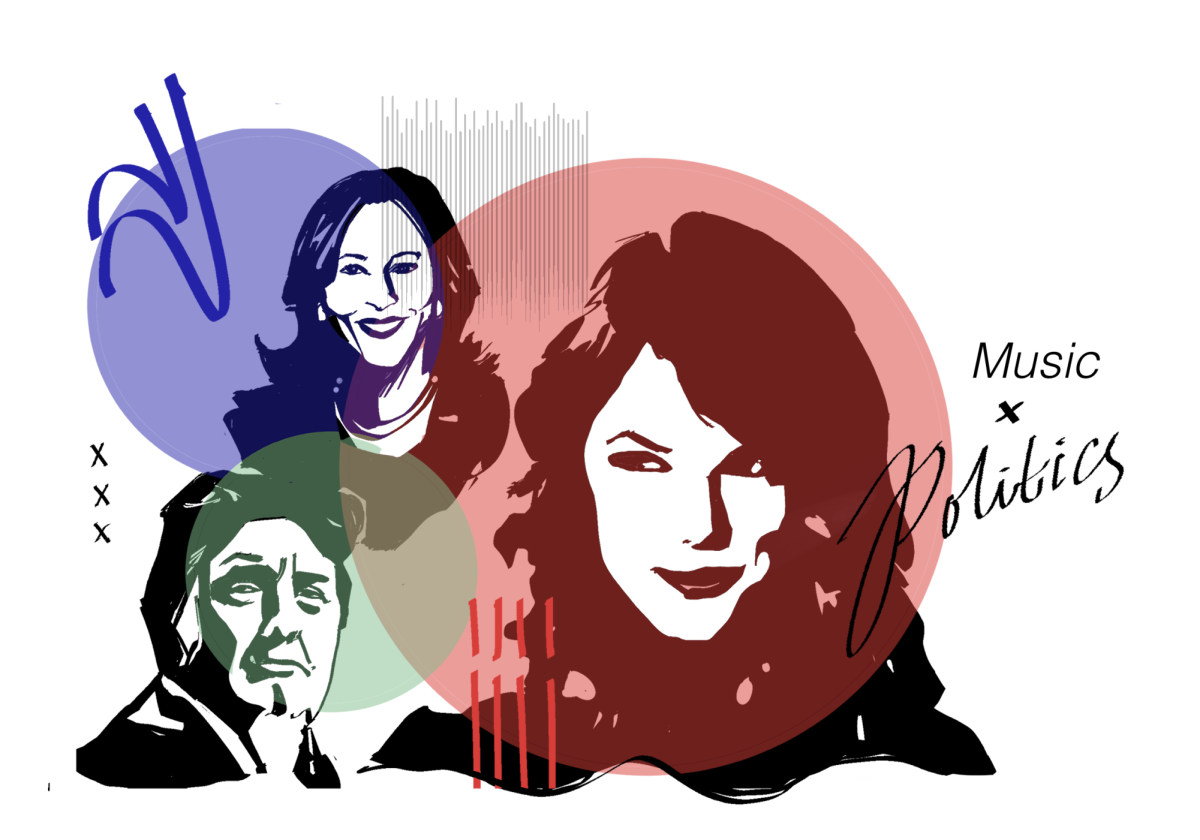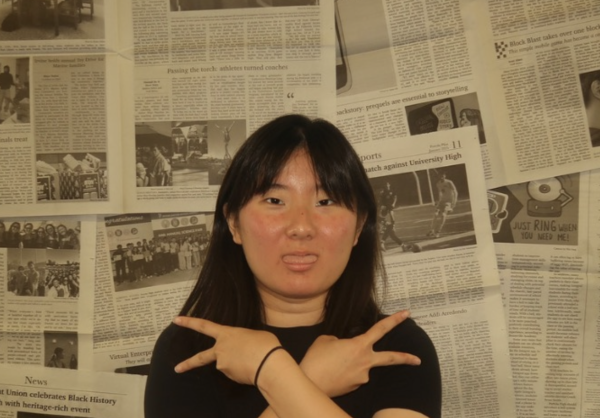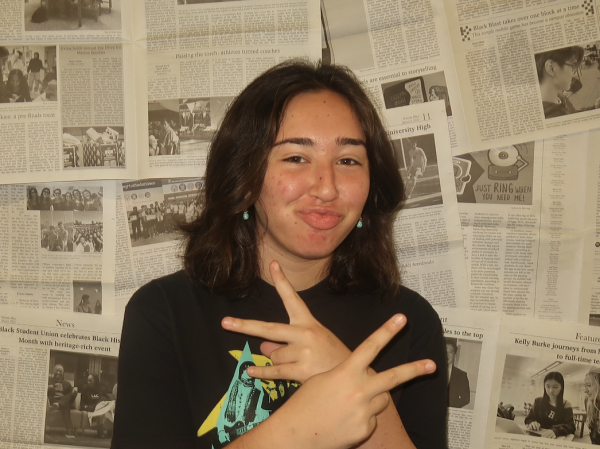Coinciding with the 2024 election, many renowned artists are endorsing preferred presidential candidates, swaying fans to vote one way or another as voters follow the opinions of their role models. This has sparked debates regarding the role celebrities play in shaping public opinion on politics.
Historically, musicians have often challenged politicians or rallied behind them either by openly stating their opinions or by allowing them to use their music for campaigns. The impact they have on their fans is vast, especially when popular artists release songs that incorporate their political views.
For instance, after the presidential debate between Vice President Kamala Harris and former president Donald Trump, Taylor Swift openly endorsed Harris for president, calling her a “steady-handed, gifted leader,” according to NBC News. This endorsement has had far-reaching implications for voters, as a national NBC poll found that not only 40% of registered voters viewed Swift positively, while 16% said the opposite but also 53% of Democrats viewed her positively, while 28% of Republicans said the same, according to NBC News.
Unfortunately, musicians’ fans, especially young listeners, often blindly follow the opinions of their favorite idols instead of making their own critical judgments. Given the polarity and numerous discourse surrounding the 2024 election, students should form their own independent opinions rather than defer to the opinions of their favorite musicians.
American politicians have been well aware of the powerful influence of music on political elections since the 1800s. Former president William Henry Harrison created “The Harrison Song” during his 1840 presidential campaign to characterize himself as a relatable candidate who had been a successful general in the War of 1812, according to the Library of Congress. More recently, former president Ronald Reagan tied Lee Greenwood’s “God Bless the U.S.A” to the Republican Party; the Republican National Convention invited Kid Rock to perform this year; and Harris’s campaign ad “We Choose Freedom” uses Beyoncé’s “Freedom,” according to CBS News.
This awareness means that politicians use music and endorsements as a marketing tactic. Different kinds of music can influence voters to see politicians as more competent, honest and more capable of leadership, according to the Cambridge University Press article Does music affect citizens’ evaluations of candidates? 19% of younger voters also admitted that celebrity endorsements may sway their vote, according to Fulcrum, a political platform funded by Bridge Alliance, a left-leaning business coalition. Although not all celebrity endorsements are planned out beforehand—Swift’s endorsement of Harris was unexpected to the Harris campaign—this does not mean that the influence is not there.
However, this does not mean that musicians are not entitled to their first amendment rights to freely express their opinion whether that be publicly or privately. Musician endorsements do not make or break an election. 89% of American voters stated that a celebrity endorsement would not affect their votes, according to Fulcrum.
Just the same, it means that students should be more careful about the extent that celebrity endorsements affect their independent opinions about a candidate, especially since teens are more likely to imitate their favorite celebrities, according to Sedona Sky Academy, a therapeutic boarding school for girls in Arizona.
Ultimately, musicians have the power to shape political conversations and influence their audiences. As the 2024 election draws nearer, it is important for students, especially seniors who can vote, to form their own independent opinions.






